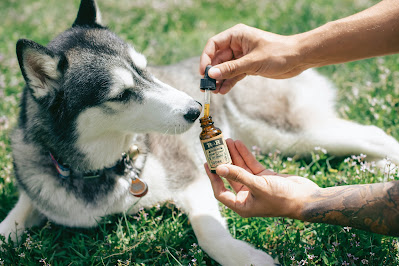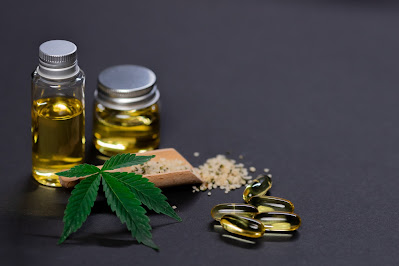As an affiliate, I earn from qualifying purchases.
Introduction
Heart disease remains the leading cause of death for both men and women in the United States. Genetics and aging can increase the risk, but everyday choices also play a major role. The good news is that adopting a heart-healthy lifestyle is one of the best forms of preventative medicine when it comes to cardiovascular wellbeing. Even small steps can make a real difference over time.
In this post, we'll be exploring the science-backed ways to reduce your risk of developing cardiovascular issues like high blood pressure, atherosclerosis, heart attack, and stroke. With a combination of smart diet strategies and positive lifestyle adjustments, you can keep your ticker in top shape for years to come. Let's get to it!
Watch the Salt - And Up Your Potassium
It's no secret that sodium can spike blood pressure in many people. The Dietary Guidelines for Americans recommend limiting daily sodium intake to less than 2,300 milligrams per day. A better target that aligns more closely with the DASH diet plan would be 1,500 milligrams for most adults. Be mindful about checking nutrition labels and avoiding excess salty snacks and meals.
On the flip-side, getting at least 4,700 milligrams of potassium daily tends to have a positive effect on blood pressure. Up your intake of potassium-rich foods like beans, sweet potatoes, bananas, and spinach. The dynamics between the nutrients matter for heart health.
Eat More Omega-3s
Omega-3 fatty acids are renowned for keeping inflammation levels in check and benefitting cardiovascular health in the process. Fatty fish like salmon and tuna are great sources, but plant foods like walnuts, chia seeds, flax seeds, and Brussels sprouts also contribute omega-3s in the form of ALA (alpha-linolenic acid).
According to a major study published in the Journal of the American Heart Association, higher ALA intake was associated with a 25% lower risk of cardiovascular disease events. Work some of those omega-3 all-stars into your weekly dinner plans.
Keep Moving
A sedentary life is a risk factor when it comes to heart health. But the American Heart Association states that getting in just 2 1⁄2 hours per week of moderate exercise may help cut your risk of heart disease or stroke significantly. A quick 30-minute walk most days of the week can do wonders on that front.
If you’ve been inactive, start small with 5-10 minutes at a time and gradually work up at your own pace. Consistency matters more than the specific duration or intensity of your workouts here. The key is staying active – every step counts towards keeping your heart strong!
Prioritize Good Sleep
Running on empty has consequences for heart health. Poor or insufficient sleep has been linked with higher risks of obesity, diabetes, and atherosclerosis (plaque build-up in arteries). Adults should aim for 7-9 hours of quality shuteye per night. Establishing a calming pre-bedtime routine that allows you to decompress can make hitting that sleep target more achievable. Your heart will thank you.
Manage Stress Well
Finally, don’t underestimate the heart health benefits of keeping stress controlled. Chronic or frequent emotional stress activates the body’s sympathetic nervous system, raising blood pressure and heart rate over time. Making lifestyle changes that help you regularly relax – like practicing yoga, meditation, journaling, or deep breathing – can offset that strain.
Talk to your doctor if high stress seems to be impacting your cardiovascular markers. With professional support, you can get to the root causes and find sustainable coping strategies that work for your situation.
Well... wrapping up!
Supporting a healthy heart is one of the best investments you can make in yourself – and it all adds up through daily choices around food, fitness, sleep, and stress resilience. By incorporating more heart healthy foods, making activity a priority, striving for better sleep, and dialing down emotional strain, you can dramatically reduce your risk of cardiovascular issues down the line.
Your lifestyle habits have more influence than ever before thanks to our modern environment. But that also means you have the power to shift the odds of staying vibrantly healthy in your favor. So what changes can you start making today for your future heart health? It’s in your hands!




























